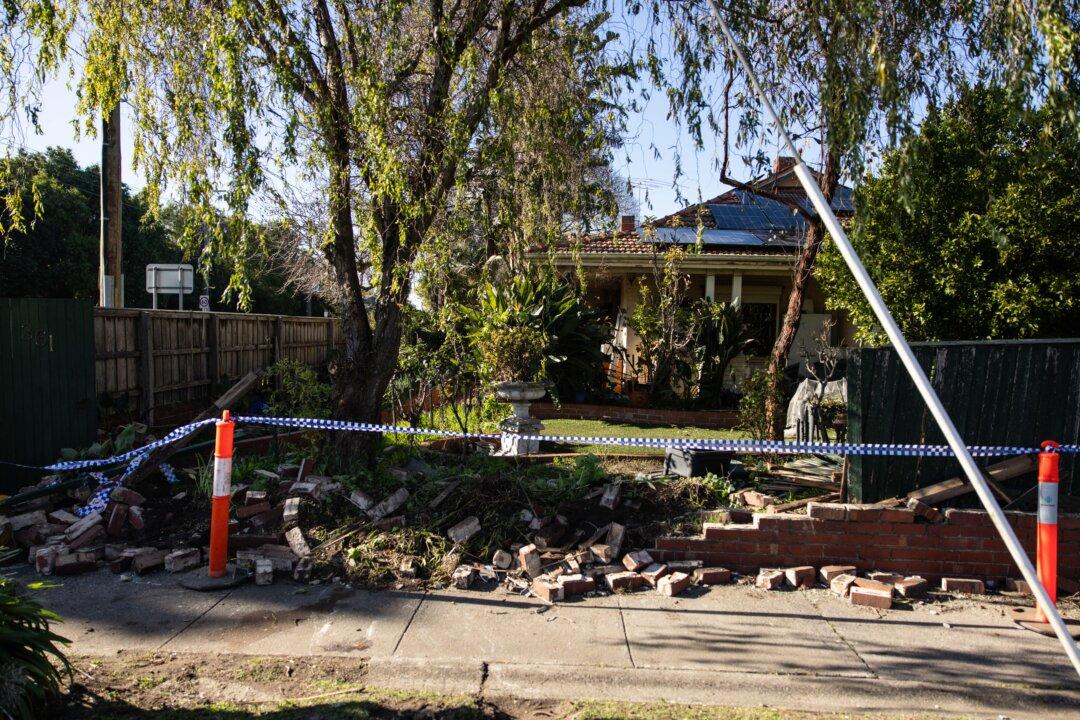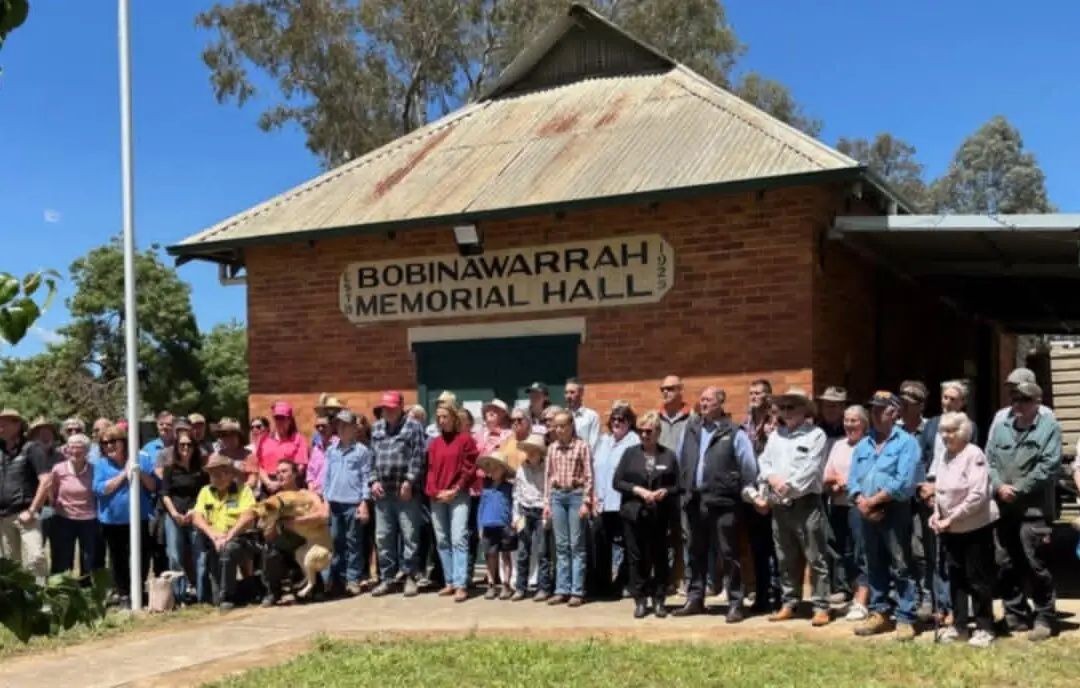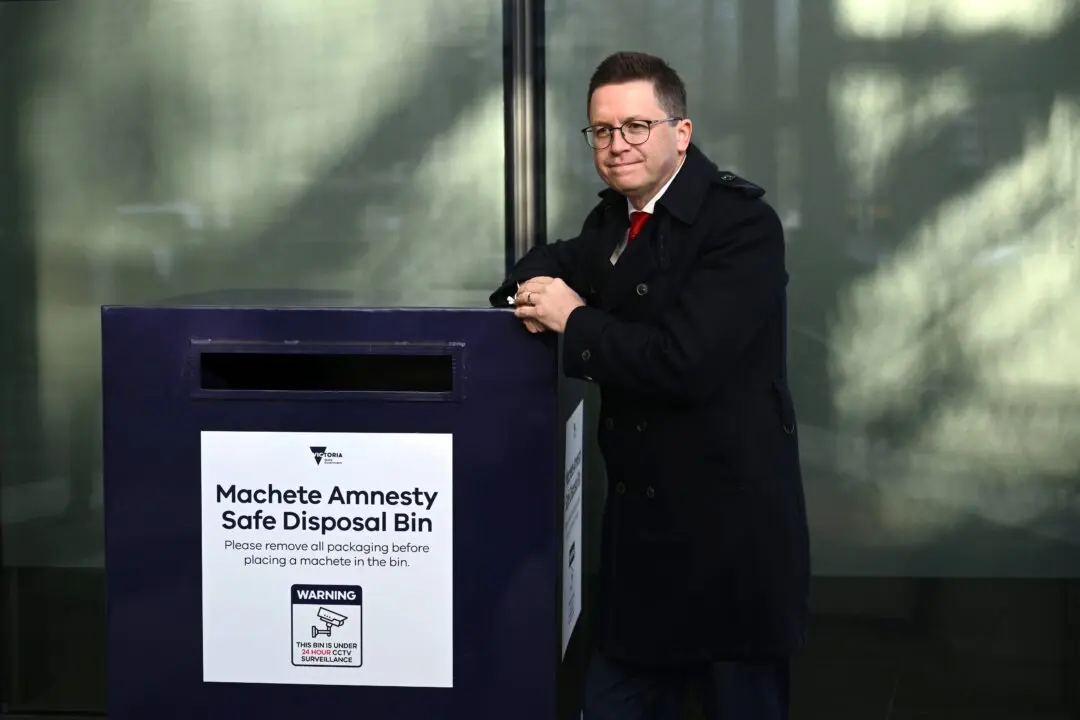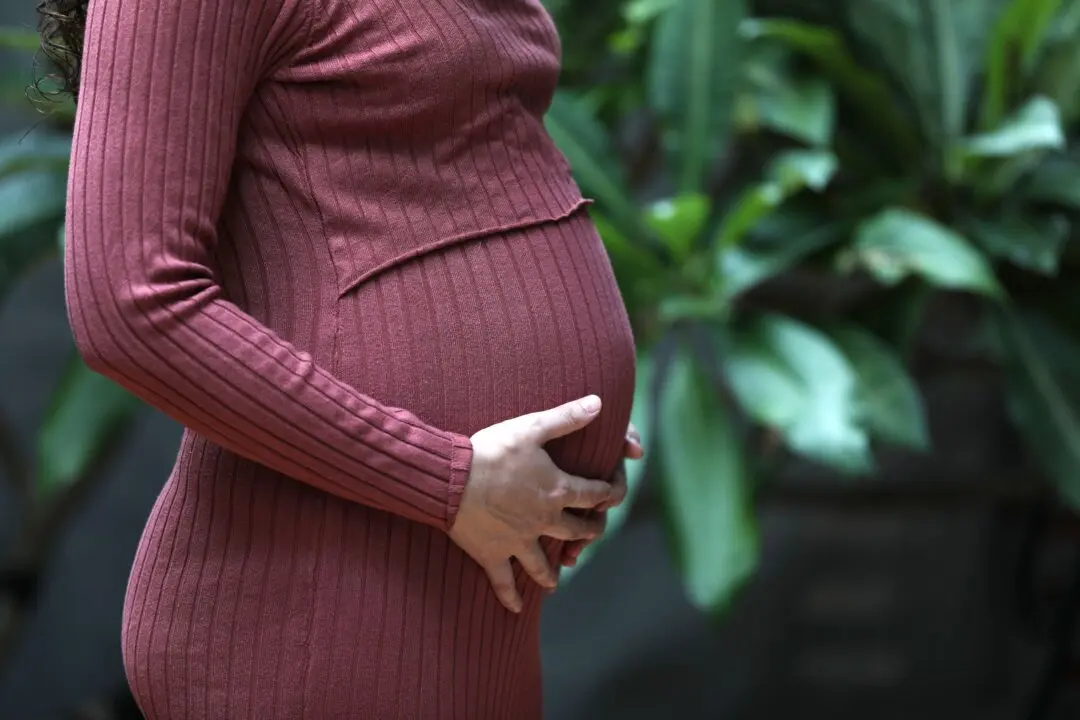A near-fatal attack on a 14-year-old boy while walking home from Glen Eira College in the Melbourne suburb of Caulfield last year is the inspiration behind calls for tougher penalties against youth offenders.
Benjamin was set upon by a group of teens when he was with his friends last September, and was left with permanent brain damage from the ambush.





